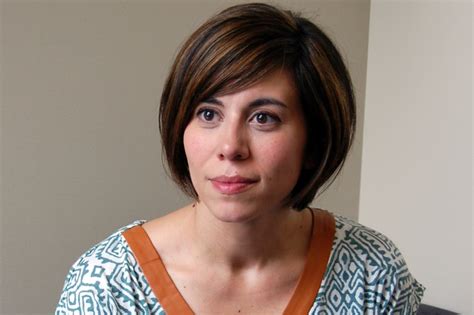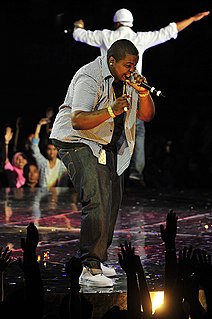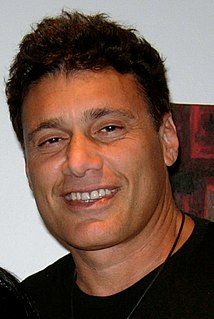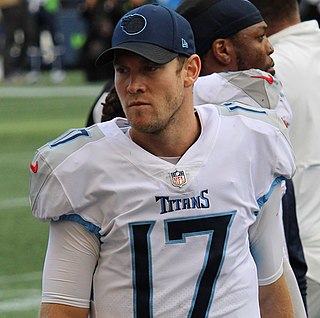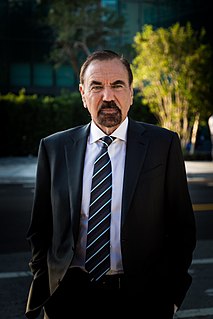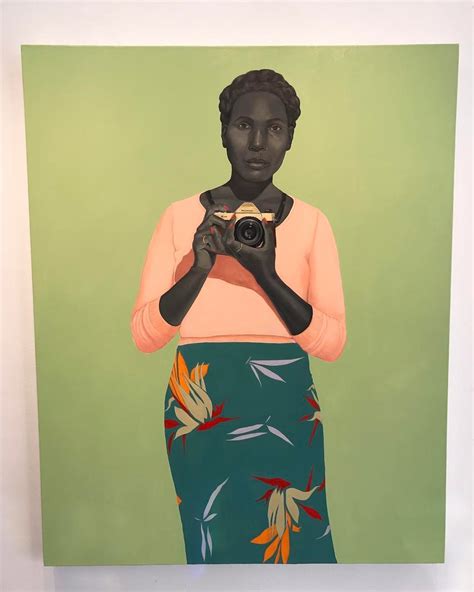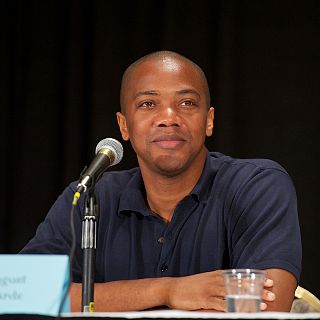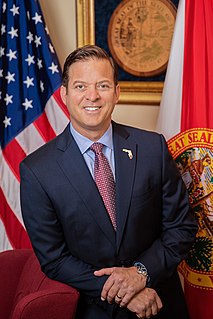A Quote by Ruben Blades
So that when I came from Panama... my family was exiled in 1973 and they went to Miami.
Related Quotes
I guess the main thing that came out of the Panama Papers was that Ukrainian President Poroshenko had promised to divest of his chocolate company and instead, he simply moved it into an offshore account. And on the very day that he was increasing the attacks on the eastern Donbass region of Ukraine, the export sector, he was signing documents to conceal his own money offshore. So the exposé of the Panama money laundering has hit some of the dictators that America is protecting and promoting.
If they opened things up and I could build a luxury condominium in Vedado, I would sell them in two hours here in Miami. Cubans in Miami would be the first to buy. In Miami, 80 percent of the people we sell to are foreigners. Havana is a city very similar to Miami... There's good music, good theater, good ballet.
The problem was that Panama technically belonged to Colombia, which refused to sign a treaty leasing it to the United States. So Roosevelt sent a gunboat filled with marines down to Panama, just on the off chance that a revolution might suddenly break out, and darned if one didn't, two days later. Not only that, but the leaders of the new nation of Panama-talk about lucky breaks!-were absolutely thrilled to have the United States build a canal there. 'Really, it's our pleasure,' they told the marines, adding, 'Don't shoot.'


